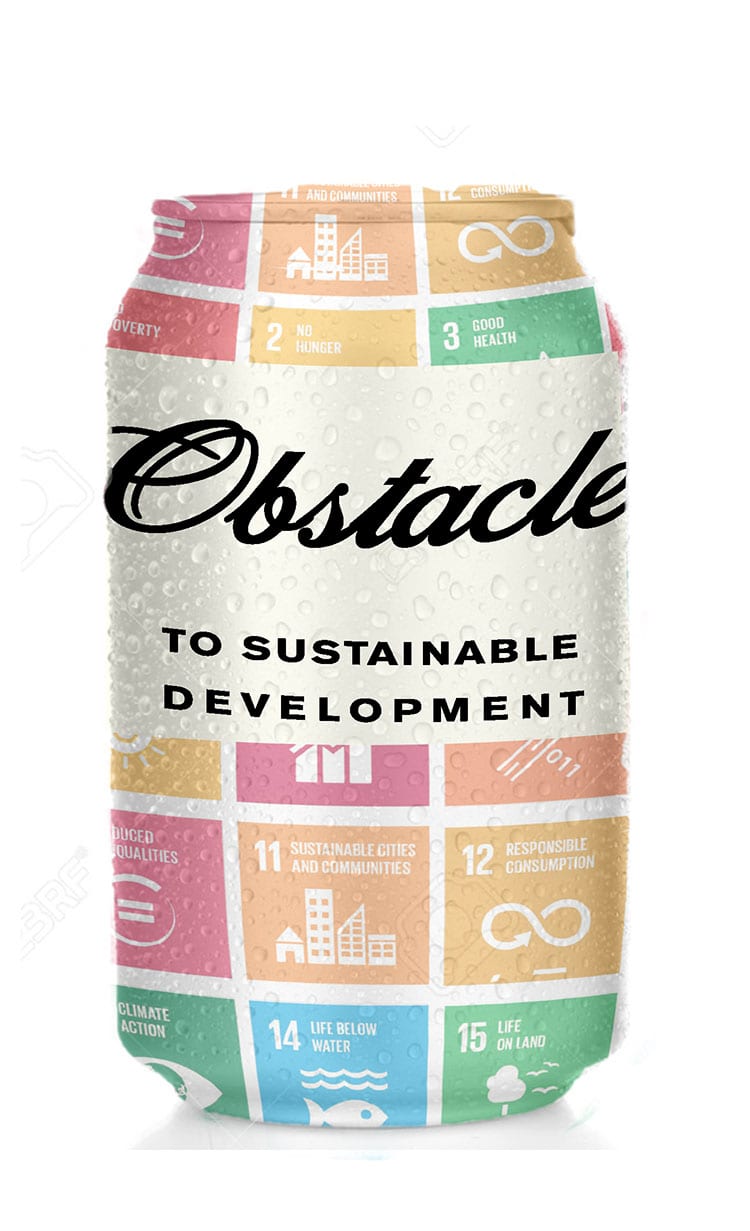Ireland: The Public Health (Alcohol) Bill No EU-Trade Barrier
The Irish government has defended its proposed Public Health (Alcohol) Bill and denied that a potential reduction in alcohol sales was a barrier to trade in a submission to the European Commission.

Ireland was required to respond after it was warned by 14 member states and the European Commission two years ago that the proposed bill may conflict with EU trade law and internal market rules.
The member states claimed the bill was a disproportionate response to pervasive alcohol harm in Ireland that would discriminate against new products entering the Irish market. They expressed scepticism that the measures would reduce alcohol consumption and questioned why less restrictive measures had been rejected in favor of the package of regulations included in the Public Health (Alcohol) Bill.
The bill seeks to introduce minimum unit pricing for alcohol; the separation of alcohol from other products in supermarkets and retail outlets; the introduction of strong health warnings, as well as calorie and alcohol content labelling; and restrictions on alcohol advertising and promotions.
Some proposed public health measures constitute restrictions on trade or the freedom to provide services. But such restraints may be justifiable on public health ground.
What does the Public Health (Alcohol) Bill aim to do?
The Public Health (Alcohol) Bill is a progressive piece of legislation designed to significantly and positively alter Ireland’s harmful relationship with alcohol. It will ensure that pervasive alcohol harm is treated as a serious public health problem.
- By reducing alcohol consumption in the country, alcohol harm is reduced across Irish communities;
- By targeting the protection of children and youth, a healthier outcome for future generations is possible.
The ambition of the Bill is to reduce Ireland’s consumption to the ‘Healthy Ireland’ target of 9.1 litres per capita by 2020.
The current consumption level is 11.45 litres, which means it’s 25% above OECD averages. The target of the Public Health (Alcohol) Bill when first agreed by government (2013), was to reduce our overall consumption by 22% to 9.1 litres, that is a 3.25% reduction per annum for seven years (2020), which by any standard is an extremely modest objective.
The Bill tackles four important aspects that fuel Ireland’s rampant alcohol consumption and related harm:
- Price,
- Marketing,
- Structural separation, and
- Health information.
Being implemented in a cohesive and integrated approach, the measures hold significant potential to reduce and prevent harm and promote health and safety in Ireland.
These measures are so-called World Health Organization Best Buys and Good Buys, meaning they are cost-effective, high-impact and evidence-based.
Alcohol Policy Best Buys Top Investments For Health, Economy
Urgent action needed
 In 2016, Ireland’s consumption of alcohol rose by a further 4.8% to 11.46 litres of pure alcohol per capita. Since 1960, Ireland’s alcohol consumption has increased threefold; since 2010 Ireland’s average consumption has been 11.25 litres.
In 2016, Ireland’s consumption of alcohol rose by a further 4.8% to 11.46 litres of pure alcohol per capita. Since 1960, Ireland’s alcohol consumption has increased threefold; since 2010 Ireland’s average consumption has been 11.25 litres.
The EU average is 9 litres, the OECD average is 9.1 litres; the global WHO average is 6.2 litre.
Alcohol has major public health implications in Ireland due to high levels of consumption; these are even compounded by the problem of binge alcohol use being widespread and normalized in the country.
- Every day, 1,500 beds in Irish hospitals are occupied by people with alcohol-related problems.
- 88 deaths every month in Ireland are directly attributable to alcohol.
- One in four deaths of young men aged 15-39 in Ireland is due to alcohol.
- 900 people in Ireland are diagnosed with alcohol-related cancers and around 500 people die from these diseases every year.
- Alcohol is a factor in half of all suicides in Ireland. Alcohol is also involved in over a third of cases of deliberate self-harm, peaking around weekends and public holidays.
- Alcohol is a factor in 80% of cases of patients admitted to neurosurgery units following an assault.Chronic alcohol-related conditions are becoming increasingly common among young age groups.
- Alcoholic liver disease (ALD) rates are increasing rapidly in Ireland and the greatest level of increase is among 15-to-34-year-olds, who historically had the lowest rates of liver disease.
- Analysis of data from Ireland’s Hospital In-Patient Enquiry (HIPE) scheme showed that the rate of ALD discharges increased by 247% for 15 to 34-year-olds and by 224% for 35 to 49-year-olds between 1995 and 2007.
SaveSave
